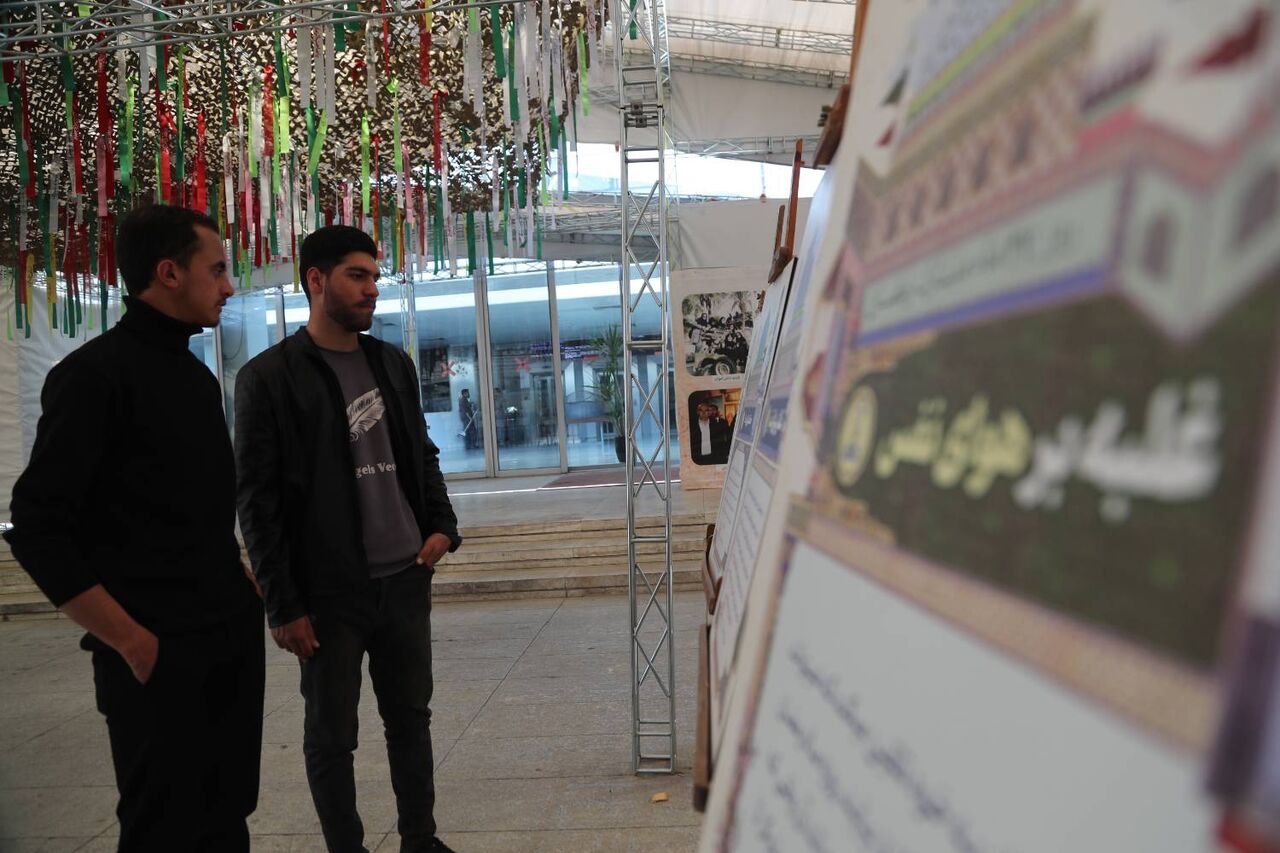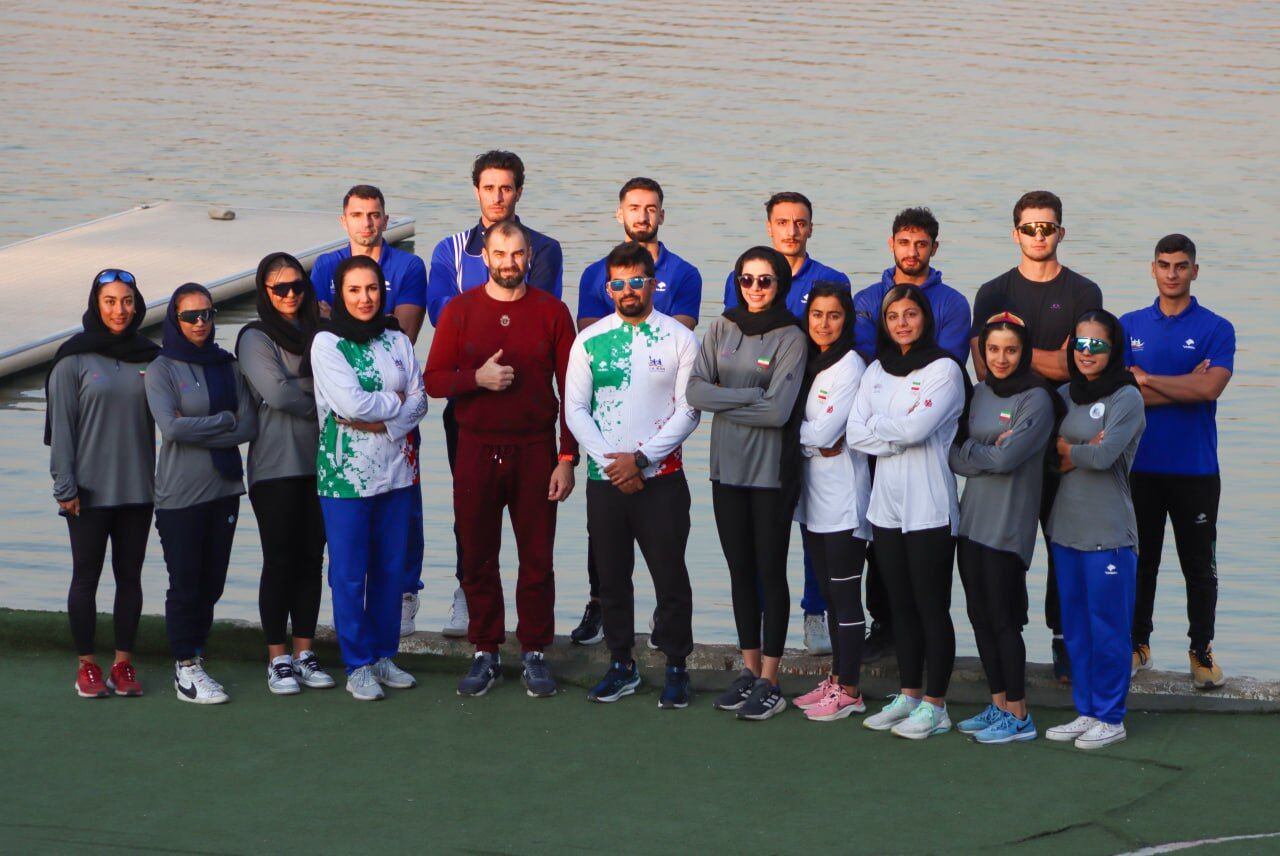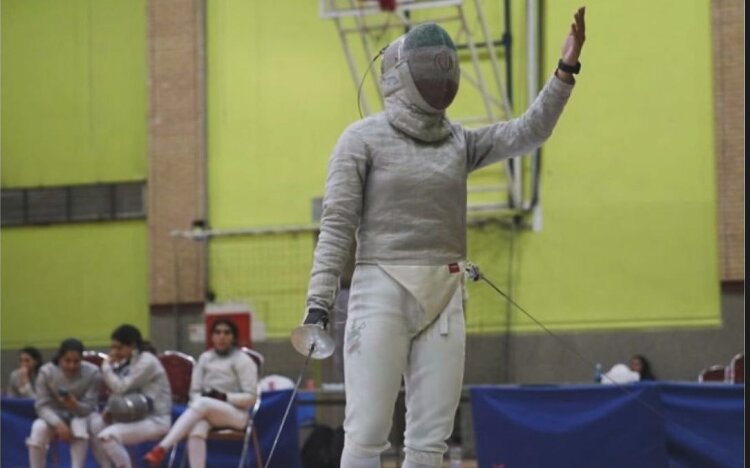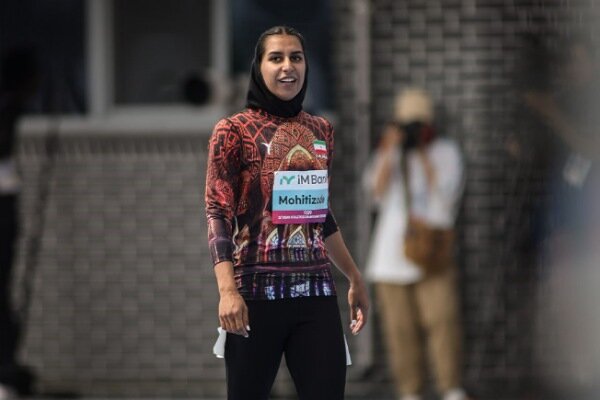Gaza's children face genetic harm 'for generations to come' from Israel's genocide
Gaza's children face genetic harm 'for generations to come' from Israel's genocide

Rice is the only nutritious food Mohamed Aldreini can afford to feed his 22-month-old daughter, Rewan.
The Palestinian toddler has never tasted her mother’s milk since being born in November 2023, a month after the Israeli genocide in Gaza began.
Rewan’s mother, now caring for four children, is battling depression.
Her body stopped producing milk after repeated trauma caused by the Israeli siege and relentless bombardment.
The family was forced to flee their home in Beit Lahia, in the northern Gaza Strip, first to Gaza City, then to Khan Younis.
“These events led to Rewan’s mother being diagnosed with PTSD,” Aldreini told Middle East Eye, as his wife boils a small pot of rice to prepare milkless rice pudding for their daughter.
Rewan has inherited her mother’s frailty.
She cannot walk, barely speaks, suffers from a weak immune system, heart problems, and severe malnutrition.
She is continuing to lose weight and now weighs just 7kg. Her health is deteriorating under what her father calls “engineered starvation” imposed by Israel on the Gaza Strip.
Rewan could survive the starvation, Aldreini believes, “if she gets better nutrition and the war stops”.
But genetic researchers warn that even if she survives, Rewan is likely to face long-term health problems - not only her, but potentially her future children as well.
Historical evidence
Over the past two decades, research into historic famines and traumas - from the Holocaust to the Great Chinese Famine and the Rwandan genocide - has shown that such suffering leaves lasting genetic imprints.
While starvation, stress and trauma do not mutate DNA, they still mark it with chemical changes that affect how genes are expressed, without altering the underlying sequence.
This process is known as epigenetics, where the weight of war is passed down across generations.
'Studies show that stress hormones in the mothers affect the babies’ bodies and brains'
- Professor Tessa Roseboom
During the Nazi occupation, food supplies were cut off from the western parts of the Netherlands between 1944 and 1945, causing widespread starvation.
Decades later, researchers found that children born to pregnant women exposed to the famine faced higher risks of serious health problems later in life.
“Studies show that stress hormones in the mothers affect the babies’ bodies and brains,” said Professor Tessa Roseboom, a biologist at the University of Amsterdam who led research on the Dutch famine’s genetic impact.
“We’ve also studied how fathers living in unsafe, stressful, and malnourished conditions affect their babies,” Roseboom added.
In 2015, a prominent study led by Rachel Yehuda focused on 32 Holocaust survivors and their children, finding evidence of the epigenetic inheritance of stress.
“The gene changes in the children could only be attributed to Holocaust exposure in the parents,” Yehuda explained.
Double impact in Gaza
Due to the ongoing Israeli blockade, there has been no direct research yet into the presence of epigenetic markers in Gaza.
But scientists are already drawing parallels with cases from the Netherlands, China, and among Jewish Holocaust survivors.
“In Gaza, the current conditions are so harmful that they may cause lasting damage to children's health - and to future generations - even if peace comes soon,” Roseboom told MEE.
'In war zones like Gaza, layers of suffering, starvation, displacement, and ongoing violence compound collective trauma'
- Dr Leon Mutesa, University of Rwanda
Dr Leon Mutesa, a leading researcher at the University of Rwanda, whose work focuses on the epigenetic legacy of the 1994 genocide, shares a similar outlook.
“Today in Gaza, we already see symptoms: fear, stress, and high cholesterol levels - all early indicators of coming epigenetic changes, similar to what we observed in Rwanda,” Mutesa told MEE.
Research in Rwanda began after it was noticed that children born during the genocide carried the weight of their mothers’ trauma, Mutesa explained.
This was manifested in depression, anxiety, bipolar disorder, hallucinations and other psychiatric disorders.
“In war zones like Gaza, the impact is doubled. Additional layers of suffering, starvation, displacement, and ongoing violence compound collective trauma. These conditions leave even deeper negative epigenetic marks,” he added.
According to estimates by Palestinian health officials, Israeli forces have killed at least 20,000 children since the war on Gaza began two years ago.
Unicef says over 50,000 children have reportedly been killed or wounded.
In August alone, 12,800 children were identified as acutely malnourished, in a famine the UN has “irrefutably” confirmed.
These conditions are likely to leave severe and long-lasting epigenetic damage.
“I believe Gazans will suffer catastrophic imprints, perhaps even more severe than what we observed in case studies of earlier atrocities,” said Professor Hassan Khatib, an expert in epigenetics at the University of Wisconsin–Madison.
“There is no doubt that a genetic disaster awaits the people of Gaza, especially pregnant women and adolescent boys during puberty, a critical stage in which sperm is formed,” he warned.
Khatib said recent studies on sheep showed that a father's diet can affect traits like muscle growth and disease risk, with effects passed down for two generations.
‘’What is happening will result in a future disaster that we will see in the generations growing up in Gaza, because the Strip is witnessing many complex factors that put negative pressure on people there,’ Khatib added.
One solution
After reviewing Rewan’s case and her family’s medical history, specialists concluded that she faces a significantly heightened risk of serious health complications due to epigenetic impacts, echoing findings from past studies.
“It’s clear this child isn’t receiving the essential nutrients needed for her development,” said Roseboom.
“That will likely affect her metabolism and leave her vulnerable to diabetes or heart disease.”
Dr Mutesa agrees. “Rewan’s genes are being altered by war and starvation. She and her future children will suffer as a result,” he warned.
Studies point to one clear solution for the looming crisis: “Stop the war,” Mutesa said.
“We observed that some Rwandans exposed to the genocide began to improve once the violence ended and support was provided,” he added.
'I still dare to dream this genocide will end... That we can return to a normal life - as human beings'
- Rewan’s father, Mohamed Aldreini
Research also shows that lifestyle and environment play a powerful role in influencing epigenetic markers. In other words, positive changes, safe living conditions, access to food, healthcare, and support can help repair some of the damage.
“We need action from the international community to stop the suffering in Gaza,” said Roseboom.
“This conflict isn’t just about the present moment; it’s creating life-long consequences for children like Rewan, and potentially for generations to come.”
While the damage already done may be irreversible for some, scientists agree that much can still be prevented if the right support is provided.
Safety, medical care, nutrition, and social stability are key to saving Rewan’s life and the lives of countless other children like her in Gaza.
“While I watch my children’s health deteriorate - and as my wife and I struggle with diabetes and high blood pressure - I still dare to dream this genocide will end,” said Rewan’s father, Aldreini.
“That we can return to a normal life - as human beings.”
Additional reporting by Islam Ahmed in the Gaza Strip













